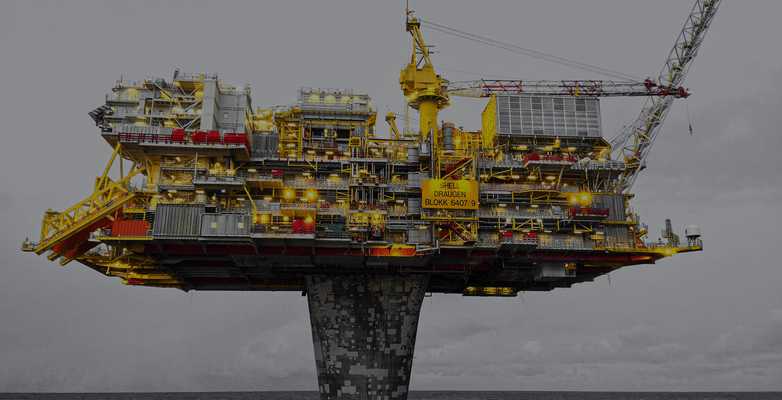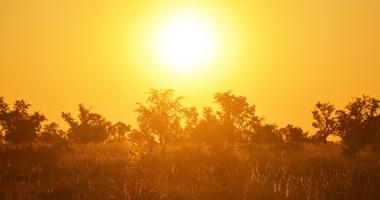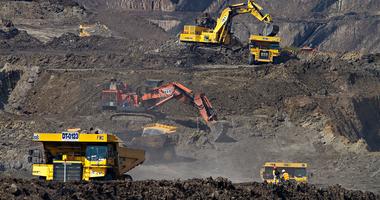
Spilling the Beans: The Ecological and Economic Impacts of Oil Spills
Until we switch to a clean energy economy, we’ll be suffering from oil spill after oil spill. It’s time for a change.
It’s no secret that the climate crisis impacts every creature on the planet. We know that burning oil is a major driver of the climate crisis, but it can devastate our planet even before we use it for fuel.
Big Oil, sticking with its theme of environmental and climate indifference, creates ecosystem destruction from cradle to grave. One of Big Oil’s most common and well-known sins, however, is the infamous oil spill.
In March of 1989, millions of people watched as a shipping container owned by the Exxon Shipping Company spilled 11 million gallons of crude oil straight into the waters of Alaska’s Prince William Sound. Over the next several months, 1,300 miles of coastline were covered in the suffocating lining of an oil slick as hundreds of thousands of marine animals died in the sludge. Pockets of this oil remain over 30 years later. Some populations, like sea otters, remained damaged until 25 years after the accident. Others haven’t fully recovered to this day.
The economic toll of these disasters can last just as long as the lingering oil slicks. Twelve years after the Exxon Valdez oil spill, researchers found that crude oil residue still contaminated over half of all randomly selected beach sites for testing. Stocks of herring, a major source of income for many in the Prince William Sound region, are among the species that have yet to rebound to their pre-spill levels. All in all, some reports estimated the total economic loss to be as high as $2.8 billion.
Spills like this happen year after year after year. As long as we keep using oil, we’re going to keep having spills – and we’re going to keep losing lives.
What is an oil spill?
Any time oil, whether accidentally or intentionally, is dumped into the environment, it is classified as an oil spill. The term brings to mind massive disasters like the Deepwater Horizon spill, images of blackened beaches, or ads of baby ducklings being scrubbed clean with dish soap. While spills garnering widespread national attention and Dawn ads crop up every few years, in the US alone thousands of oil spills occur annually.
It doesn’t just take a massive accident or explosion, like a burst pipeline or a failed rig, to spill oil into our oceans. Smaller spills occur every day, often during the refueling of ships. These smaller spills degrade ecosystems and cause damage in the impact areas, but the real threats come from major, large-scale spills.
Disasters like these cause ecological and economic devastation for years. Coastal cities along the Gulf of Mexico are still picking up the pieces from the Deepwater Horizon spill from 2010, 12 years later.
Our ecosystems, already under strain from habitat destruction, extreme storms, changing weather patterns, and pollution, suffer the consequences of these oil spills the most.
What’s so bad about oil in the environment?
Given the differences in amount and location of each spill, it’s not known on average how many animals are killed in oil spills each year. What we can estimate, however, is how many lives each major spill takes. The Deepwater Horizon spill killed over 100,000 birds, sea turtles, and marine mammals combined, not including an unknown number of fish and other sea life almost certainly lost in the disaster. The Exxon Valdez spill was responsible for an estimated nearly 250,000 bird deaths alone.
As a slurry of chemicals and volatile organic compounds, crude oil often kills animals directly as it covers their skin or is ingested, leading to poisonings or infections. These chemicals, most notably polycyclic aromatic hydrocarbons (or PAHs), can lead to reproductive disruptions, further incapacitating species as they try to rebuild their already depleted populations.
Most notable are the thick coatings of slimy oil we see on animals caught up in the spill. The thick sludge of chemicals binds to fur and feathers, stripping them of their insulative properties and causing hypothermia for the animal. It also disrupts an animal’s ability to swim, fly, walk, or hunt, often leading to drowning. And it’s not just the sea creatures at risk – as the oil washes ashore it can cover and smother any plant or animal life in its path, spreading the devastation to our on-land ecosystems as well.
It can take years for populations to recover and ecosystems to rebalance, not to mention recharge the economies they support – if they recover at all.
What do oil spills mean for us?
The impacts of oil spills stretch far beyond the animal kingdom. Workers responding to cleanups often inhale toxic fumes and are exposed to potential carcinogens. In just the short-term, exposure to crude oil can lead to rashes, respiratory distress, memory loss, blisters, and so much more. It’s the long-term effects, however, that often plague both community members and clean-up responders for years. Exposure can lead to chronic respiratory problems and liver and reproductive issues. And we have Big Oil to thank for that.
Not only does our health suffer, but the surrounding businesses and economies feel the aftershocks for years. Fisheries and recreational sectors nearly shut down completely in the wake of a spill, cutting off essential income for many coastal communities. In the 10 years after the Deepwater Horizon spill, a study found that just the commercial and recreational fishing industries alone lost 25,000 jobs and $2.3 billion in industry output. Hardworking Americans couldn’t afford to pause their incomes as BP allowed oil to spew into the Gulf of Mexico for 87 days.
They won’t be able to afford it during the next spill either.
How can we stop them?
In recent years, oil companies (often mandated by the government rather than on their own accord) have put into place safety measures like safety institutes, leak detection technology, and spill reduction targets to reduce the amount of oil spills (read: reduce the amount of profit they lose polluting the ocean rather than the atmosphere). They offer some protection to marine and human life, but one thing is clear: when there’s oil there’s environmental degradation – whether that be through harmful emissions that contribute to our warming planet or through oil spills directly.
The impacts of oil permeate our ecosystems, even if it reaches its destination without touching a drop of water. Burning oil for energy is one of the leading causes of greenhouse gas emissions, making it a major contributor to human-caused climate change. The climate crisis alone poses myriad ecological threats to every corner of the planet, and oil production and consumption contributes heavily to that.
The solution is clear, albeit not simple: A clean energy economy.
An economy free from oil prevents spills all together simply by reducing our reliance on fossil fuels. Less oil-intensive processes means less oil to extract, transport, and possibly spill. It means less potentially cancer-causing chemicals in our air, food, and water. It means economies and communities that can thrive without one of Big Oil’s rigs taking their livelihoods away in an instant. And we need bold action to get us there. The Inflation Reduction Act is a great start, but we still have a long way to go to replace our fossil fuel industry with clean energy infrastructure.
Ready to take the next step? Become a Climate Reality Leader at one of our in-person or virtual trainings to get involved with the branch office in your country or region. Sign up now to be the first to know when registration for our next training event begins.




